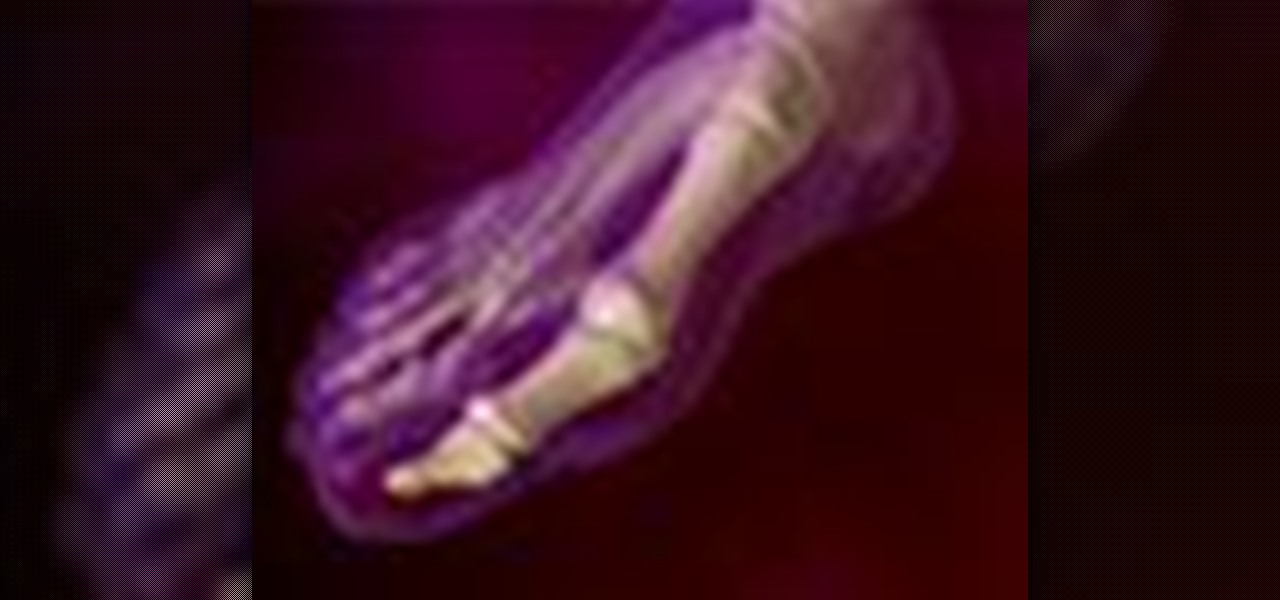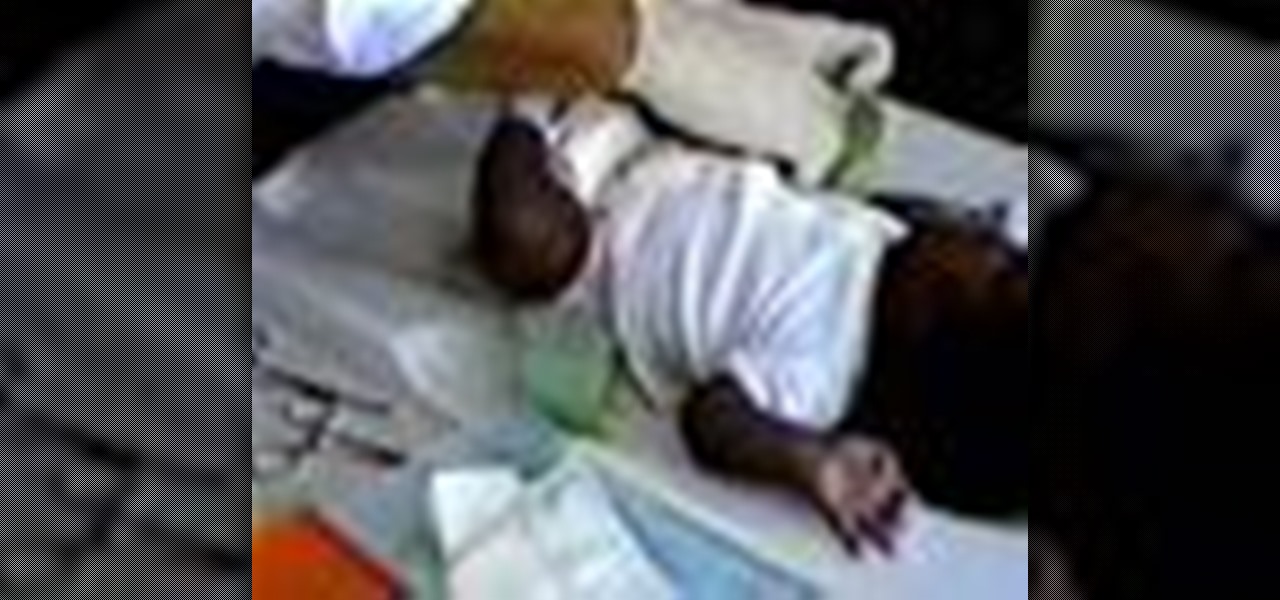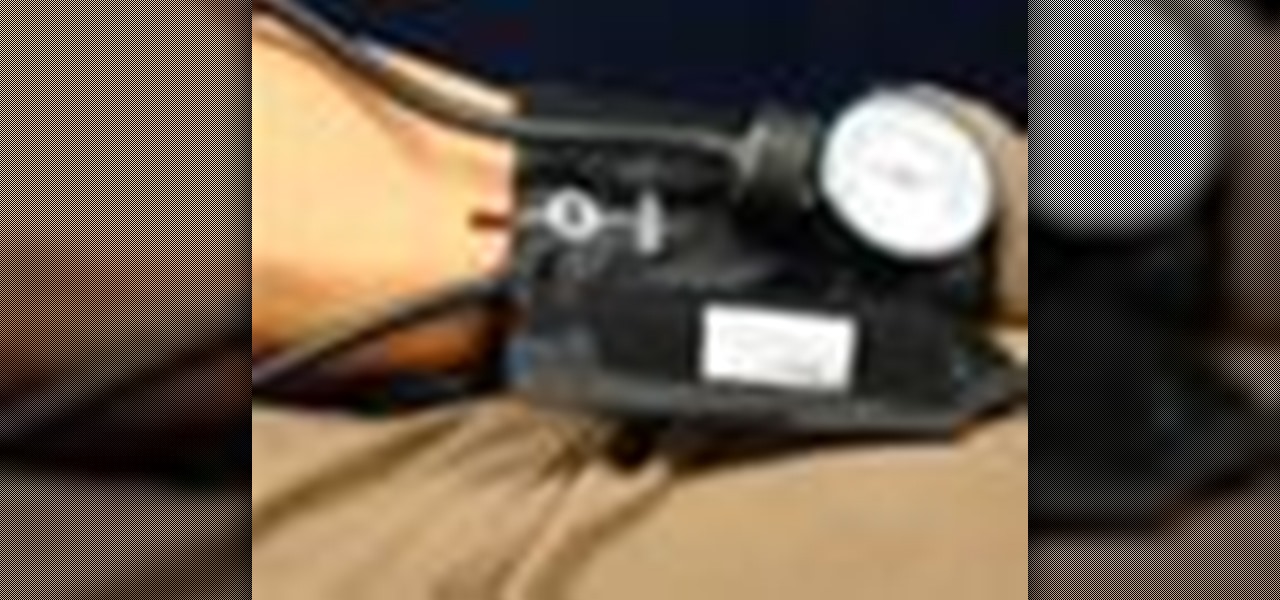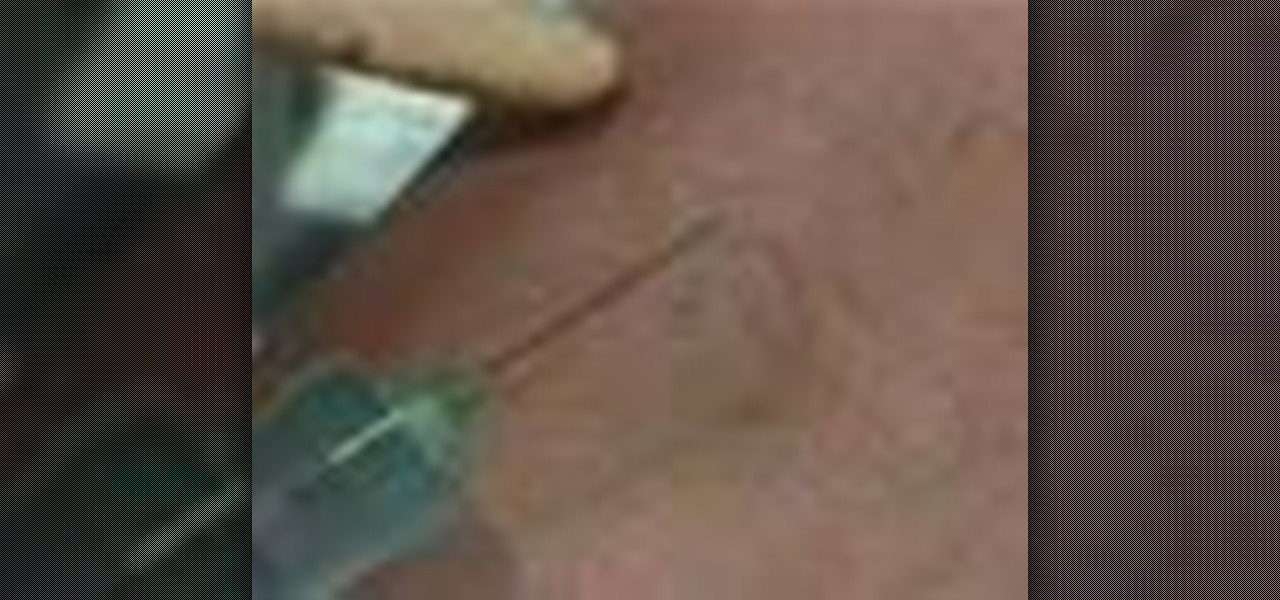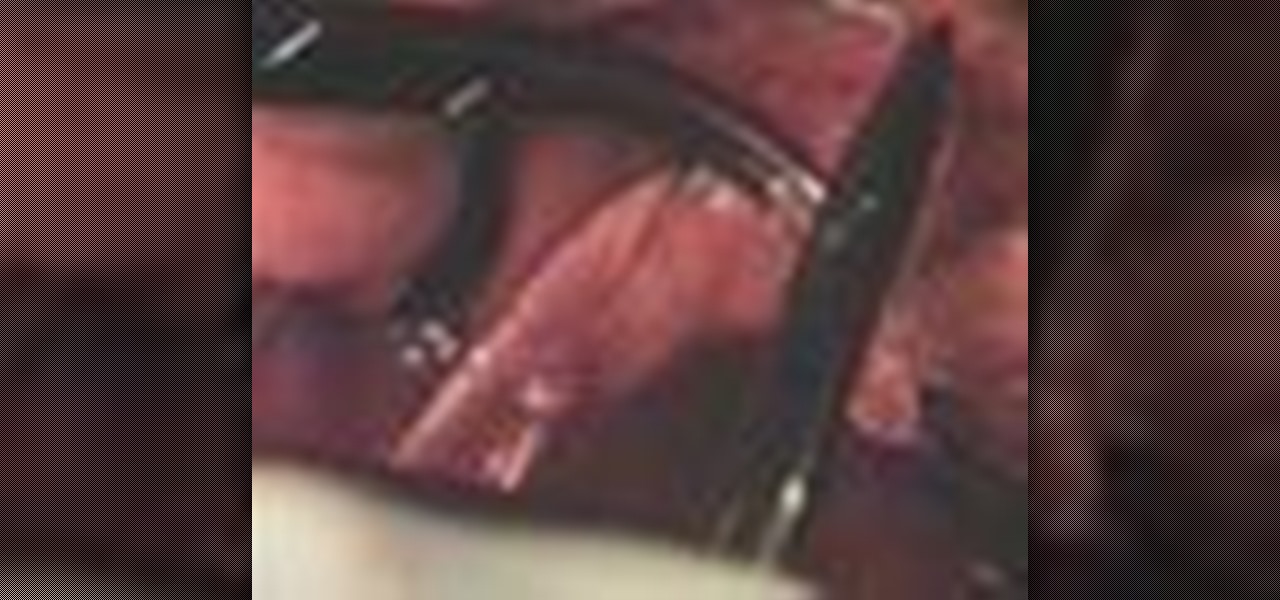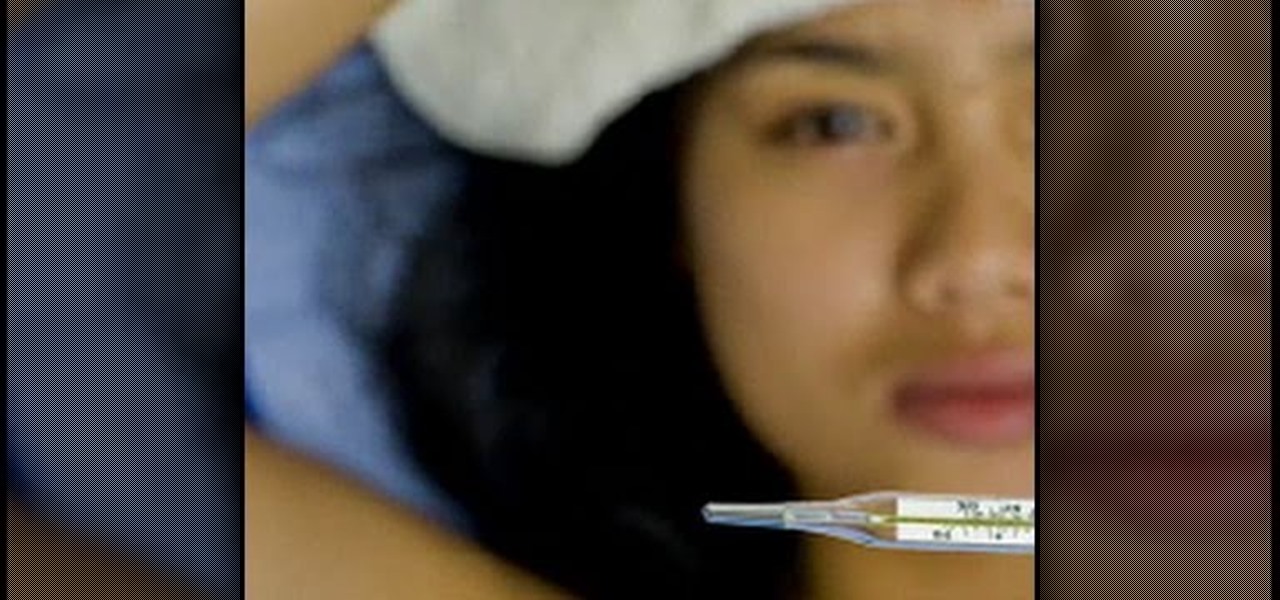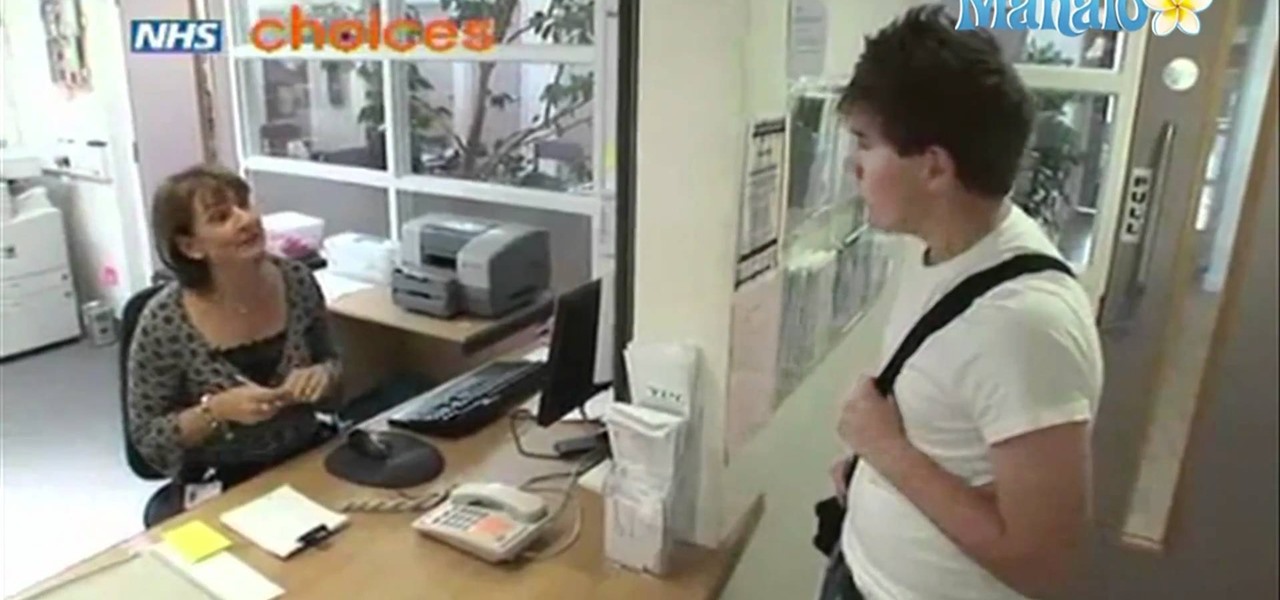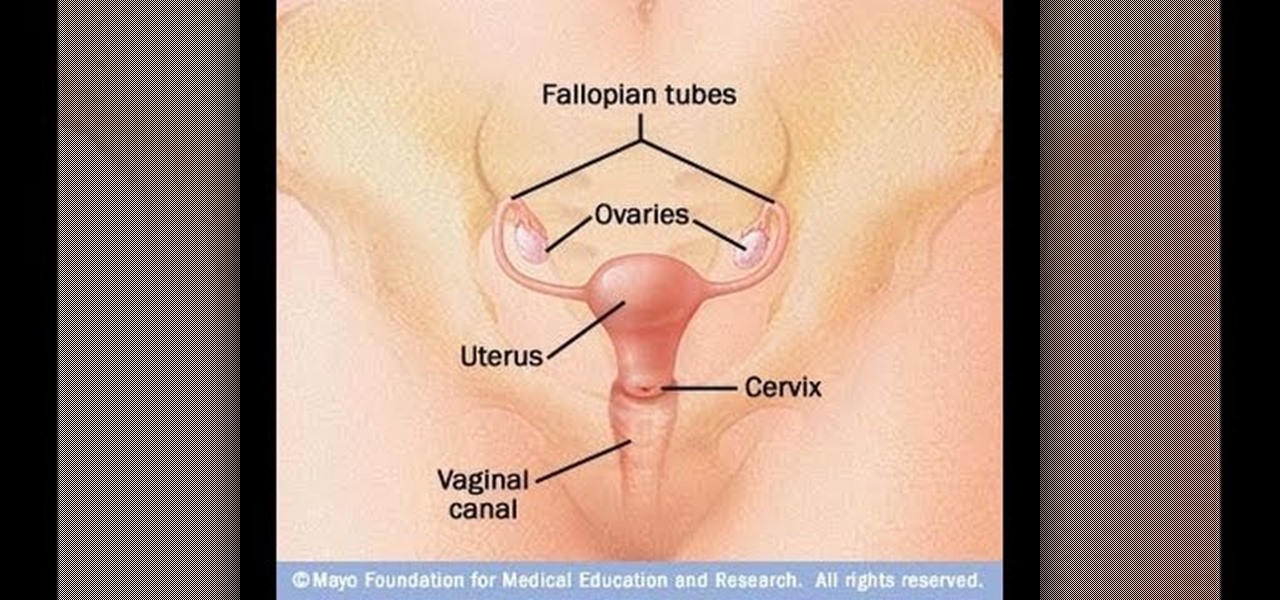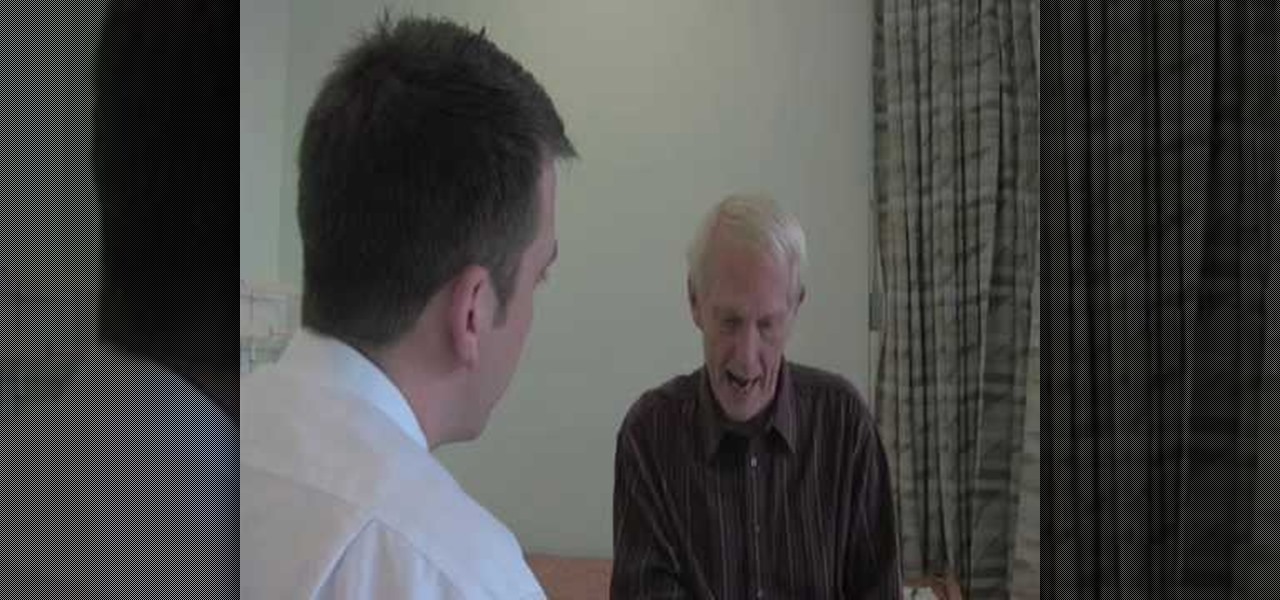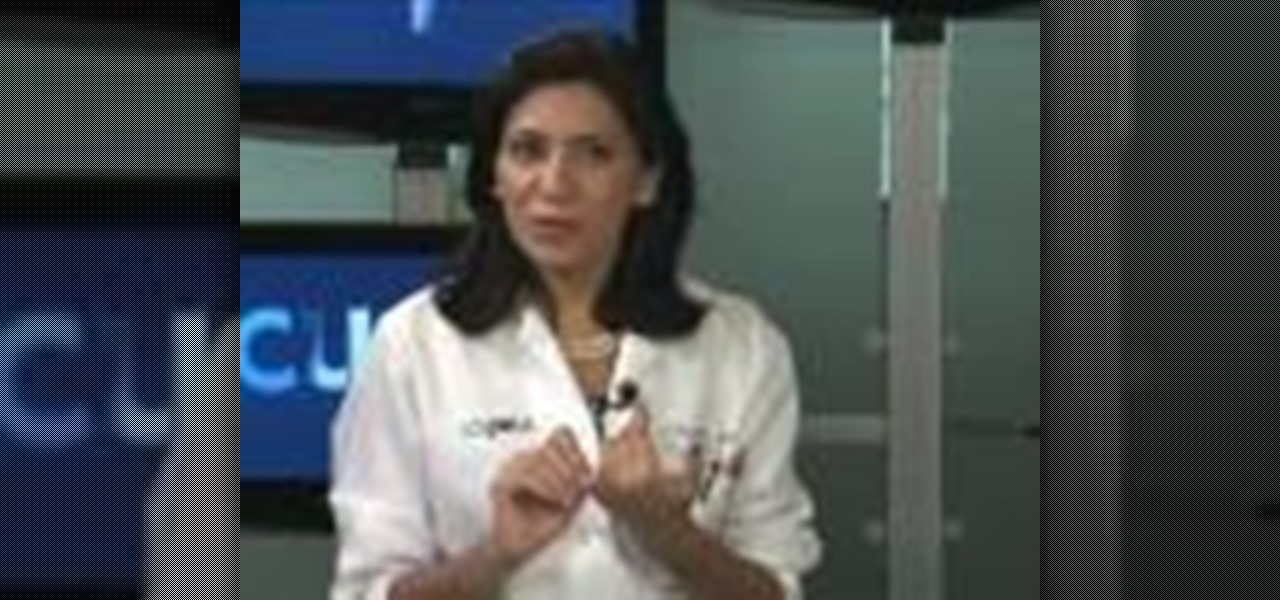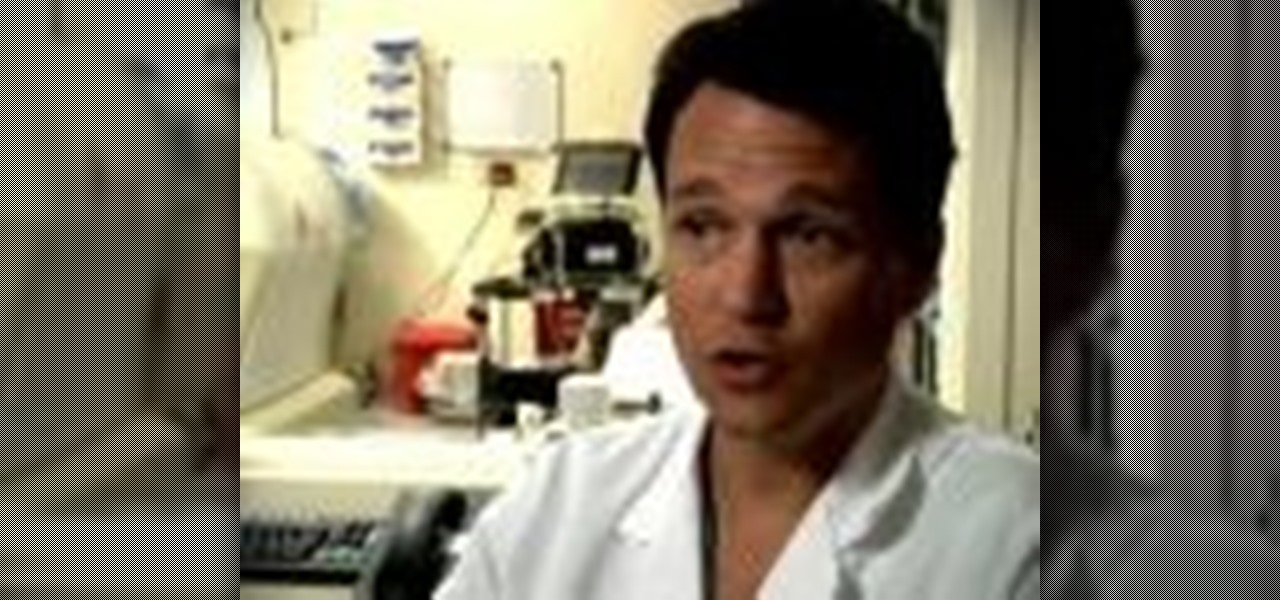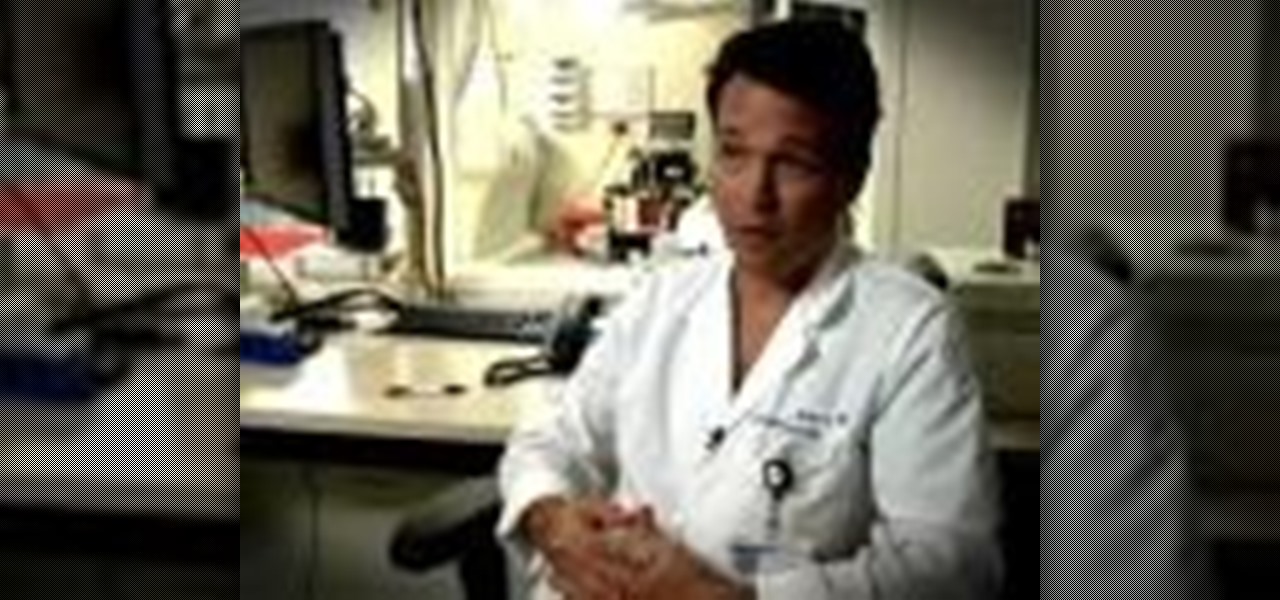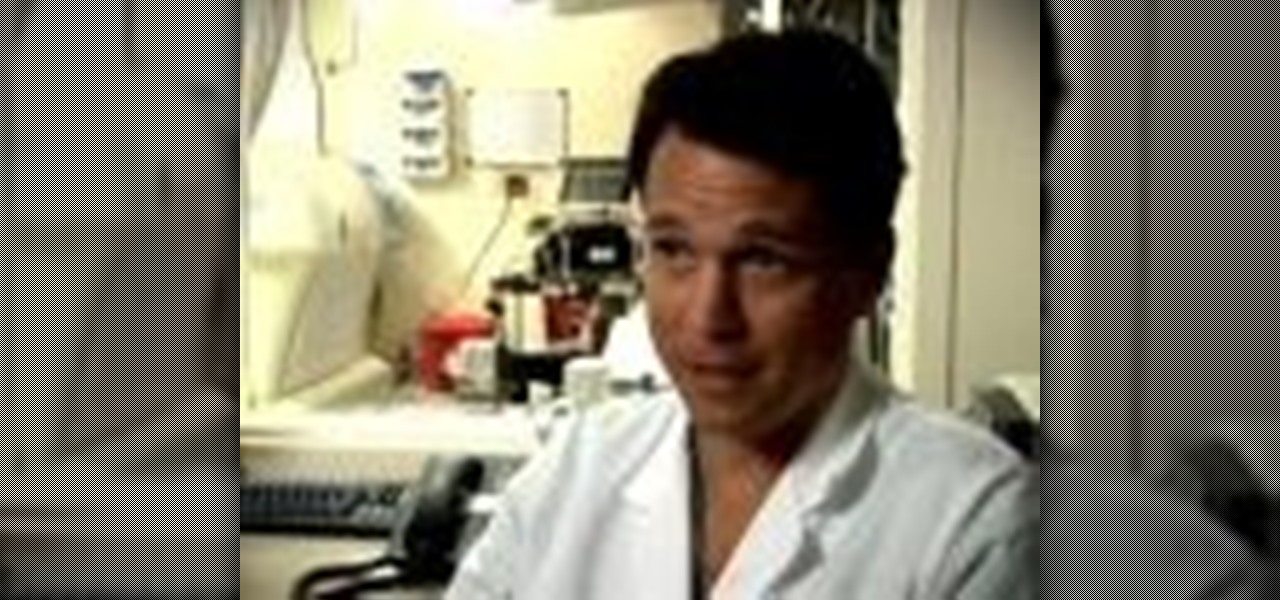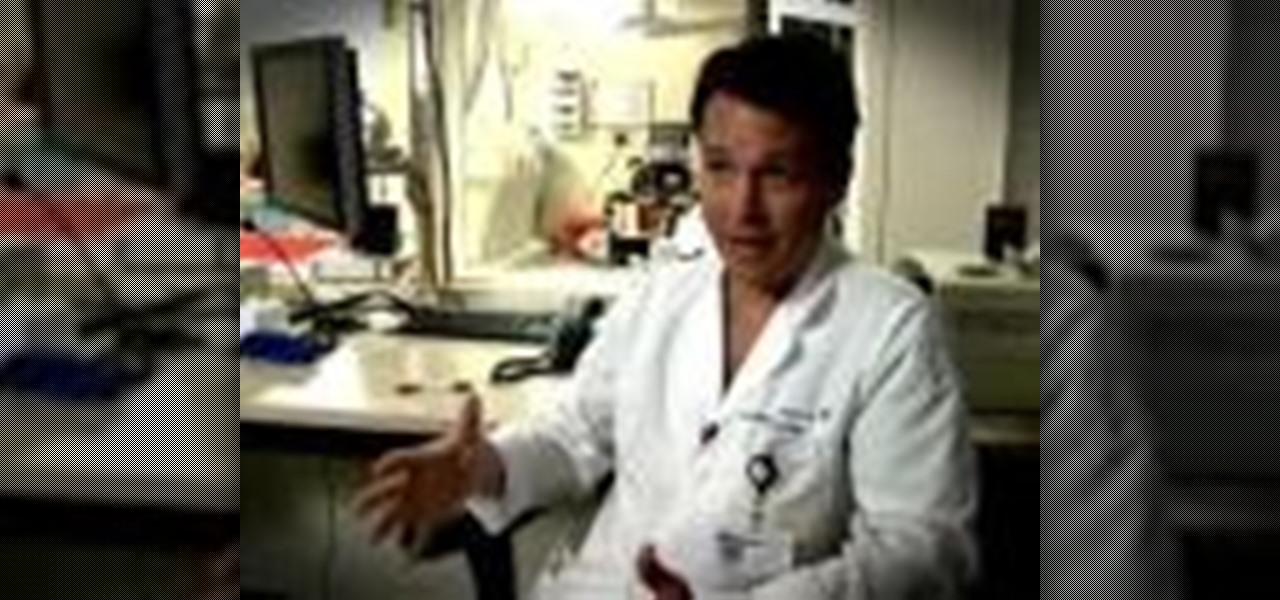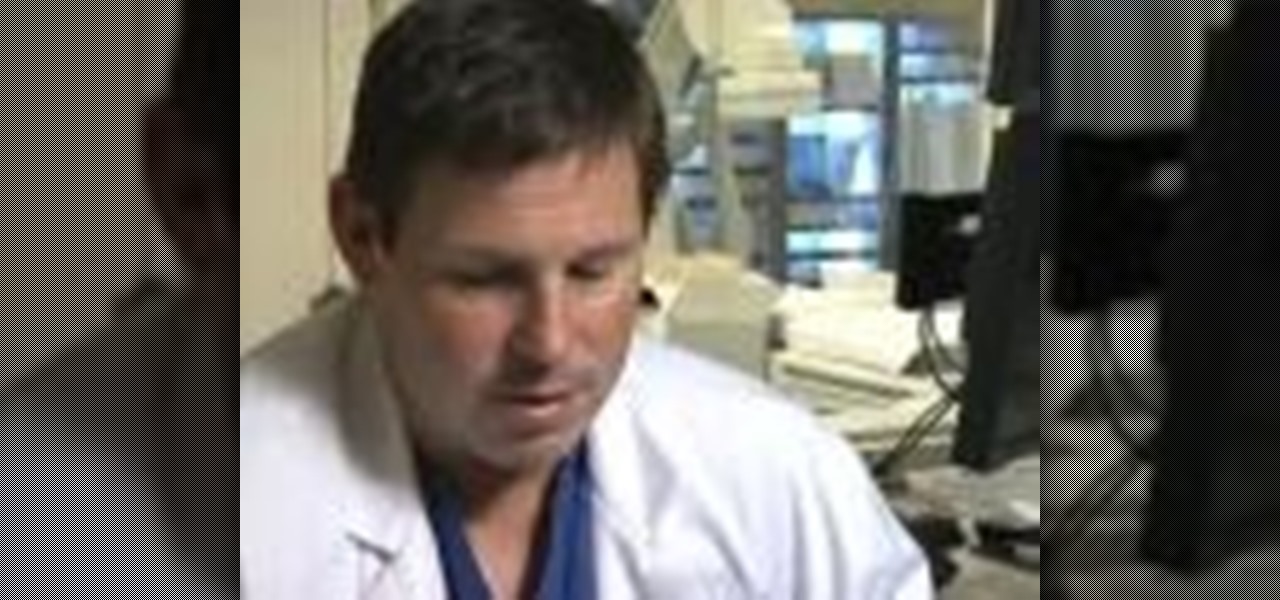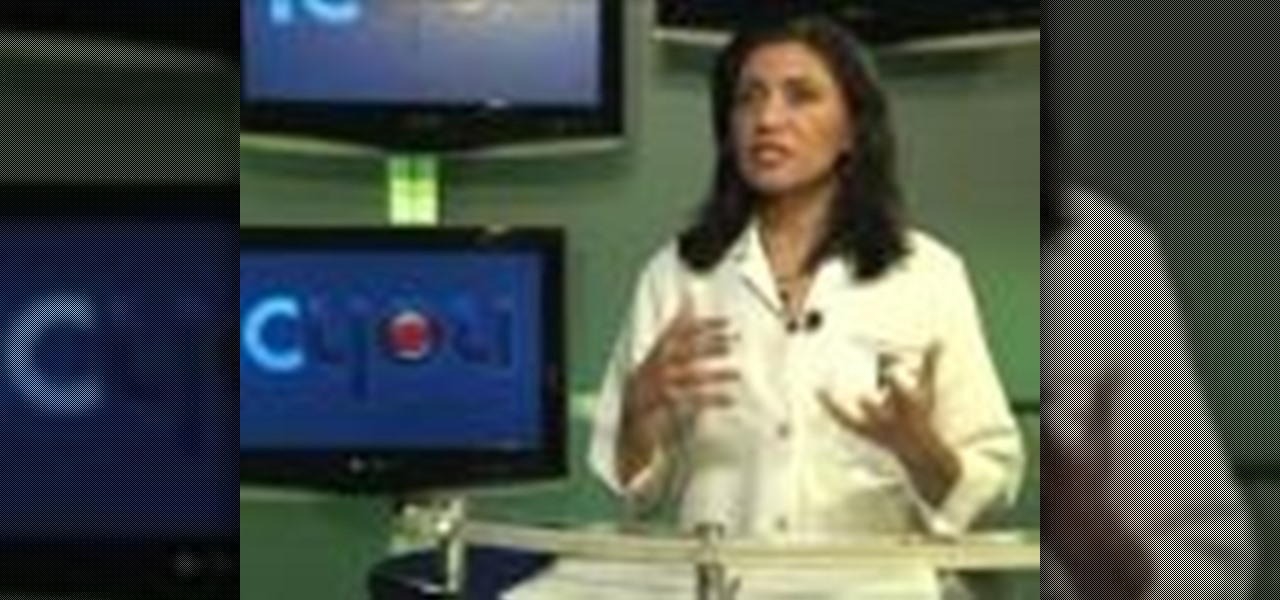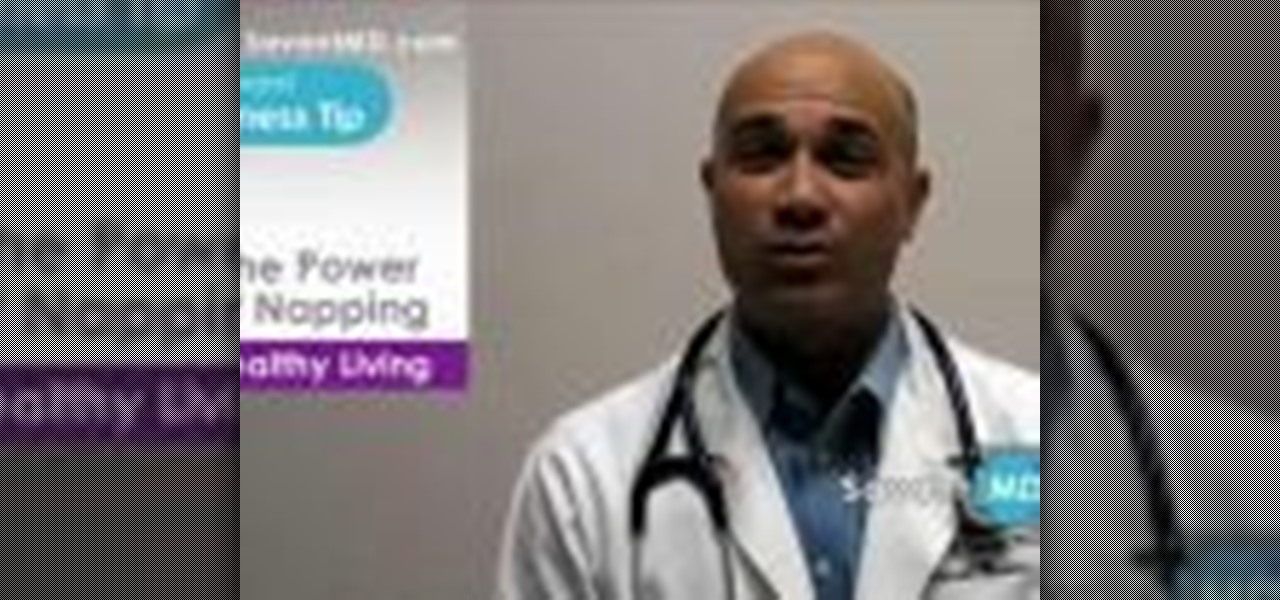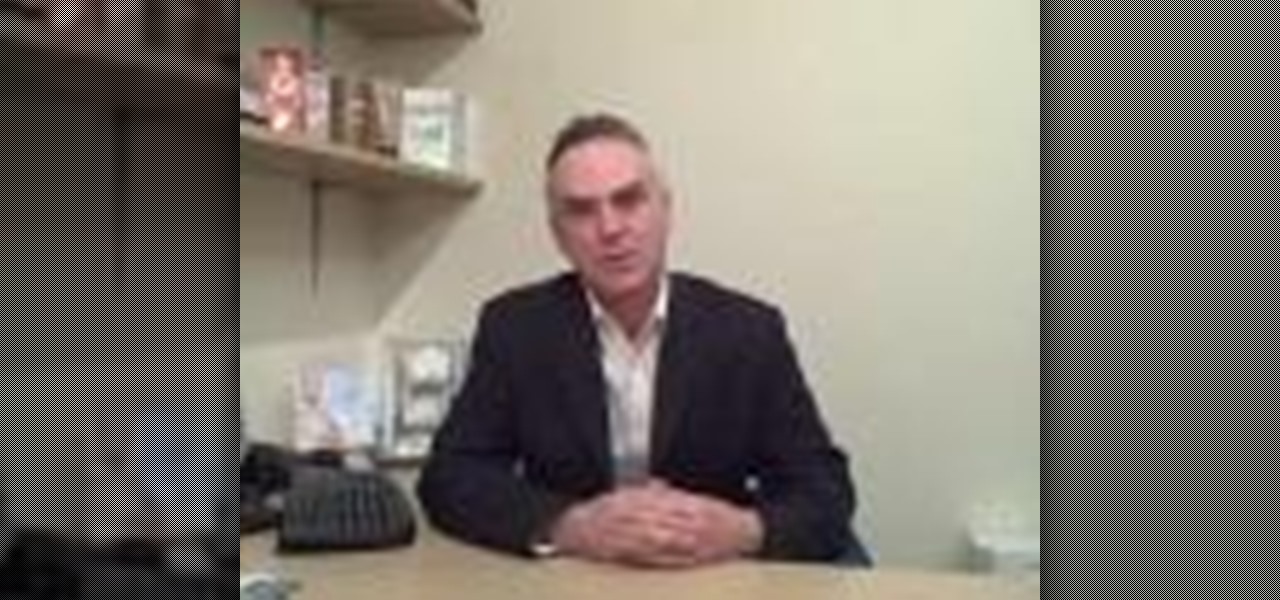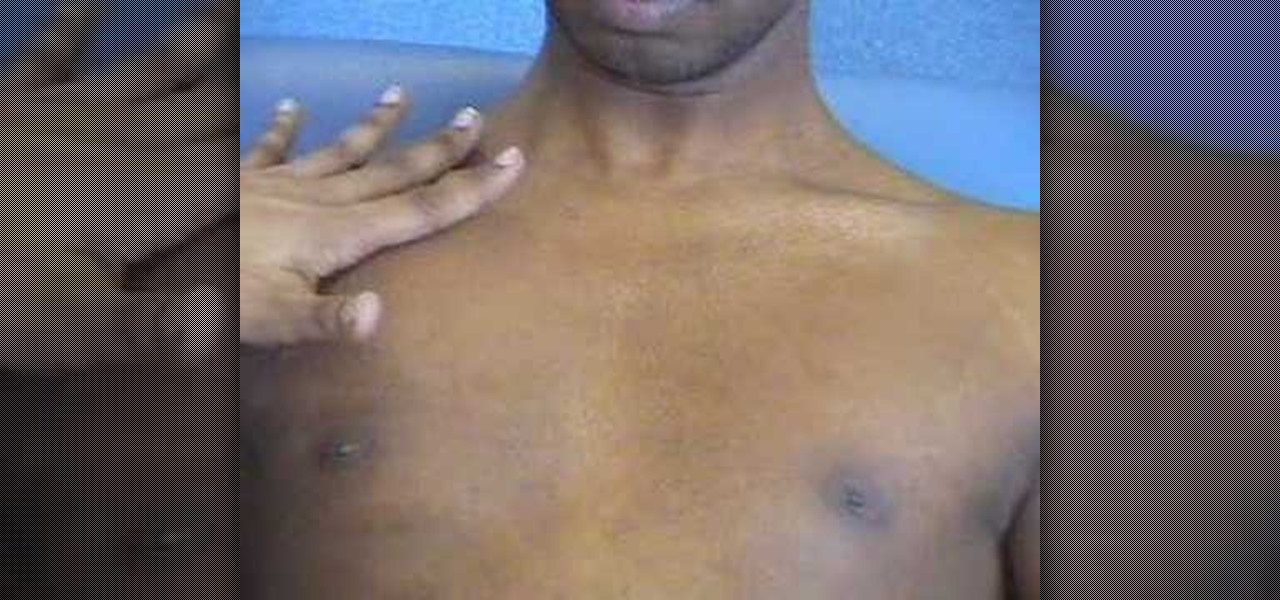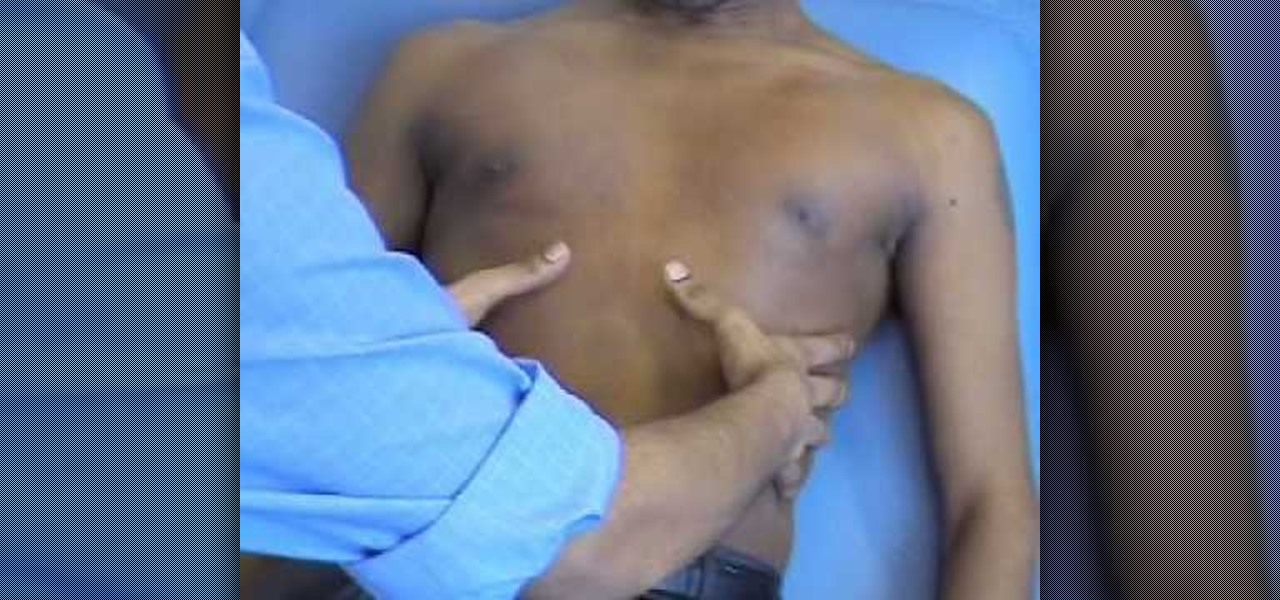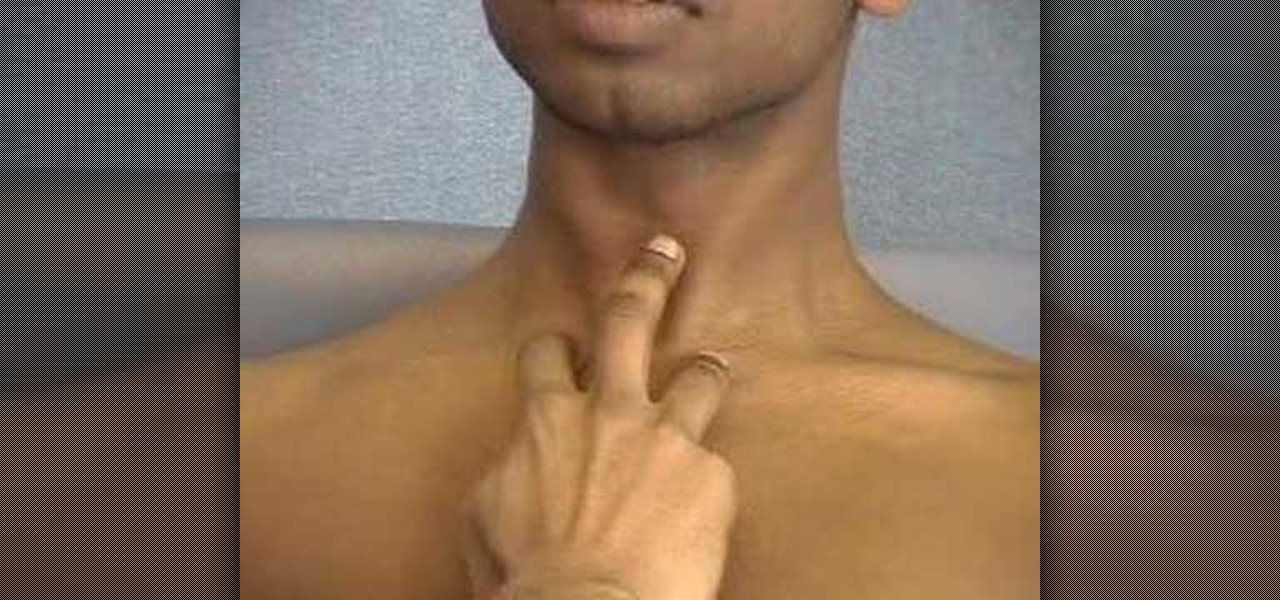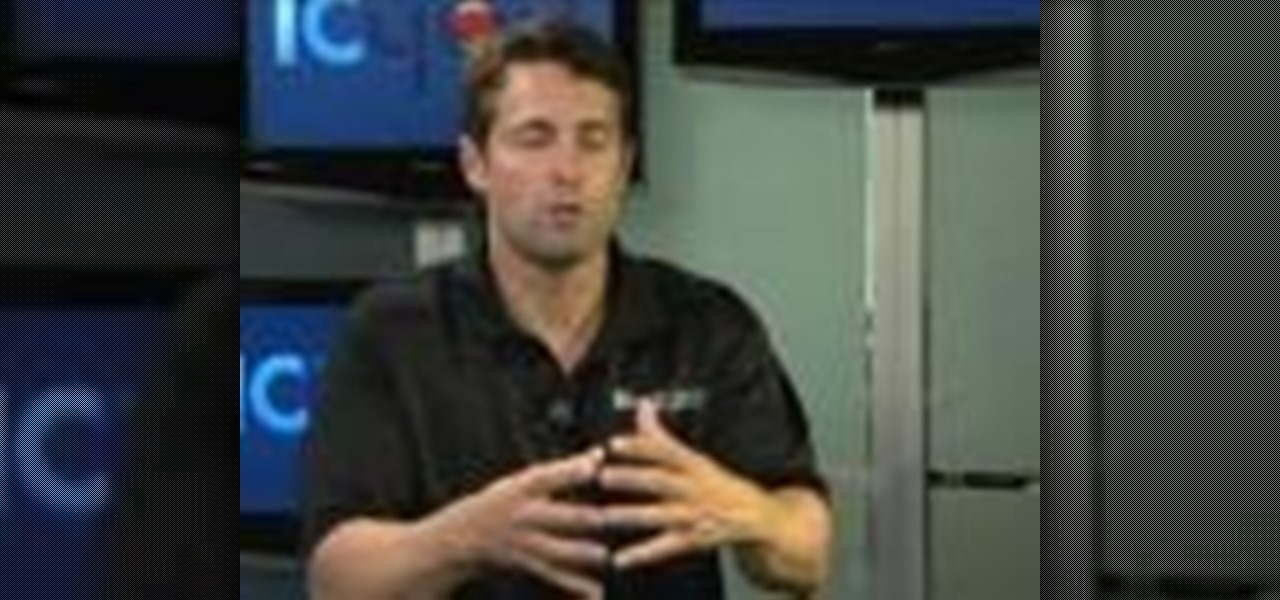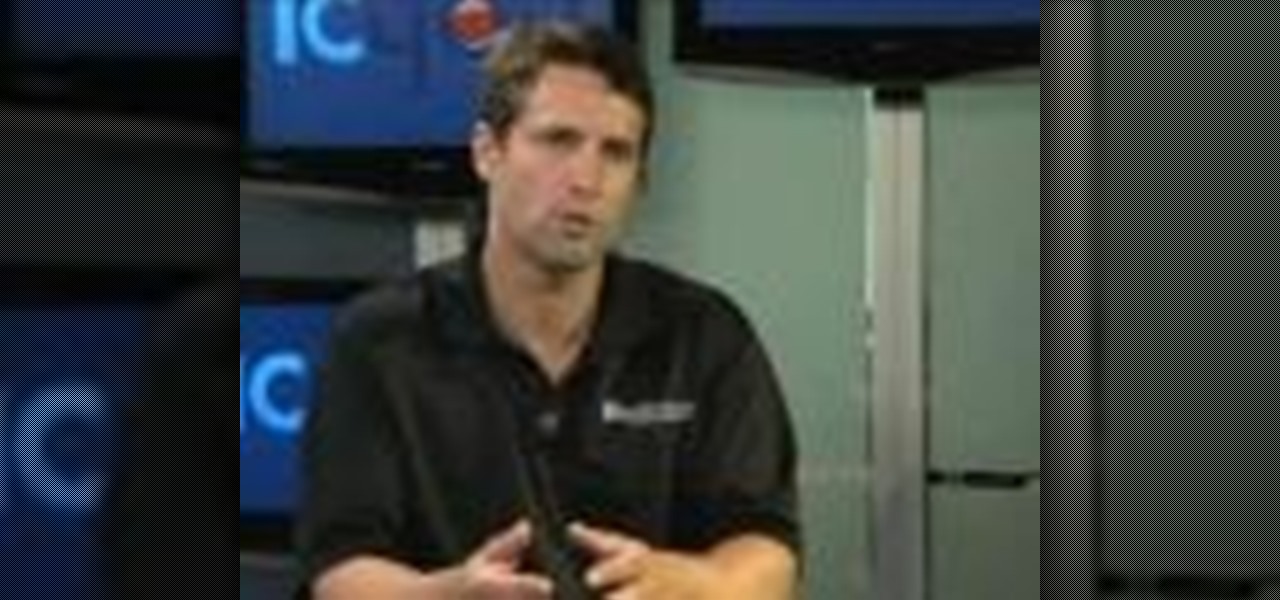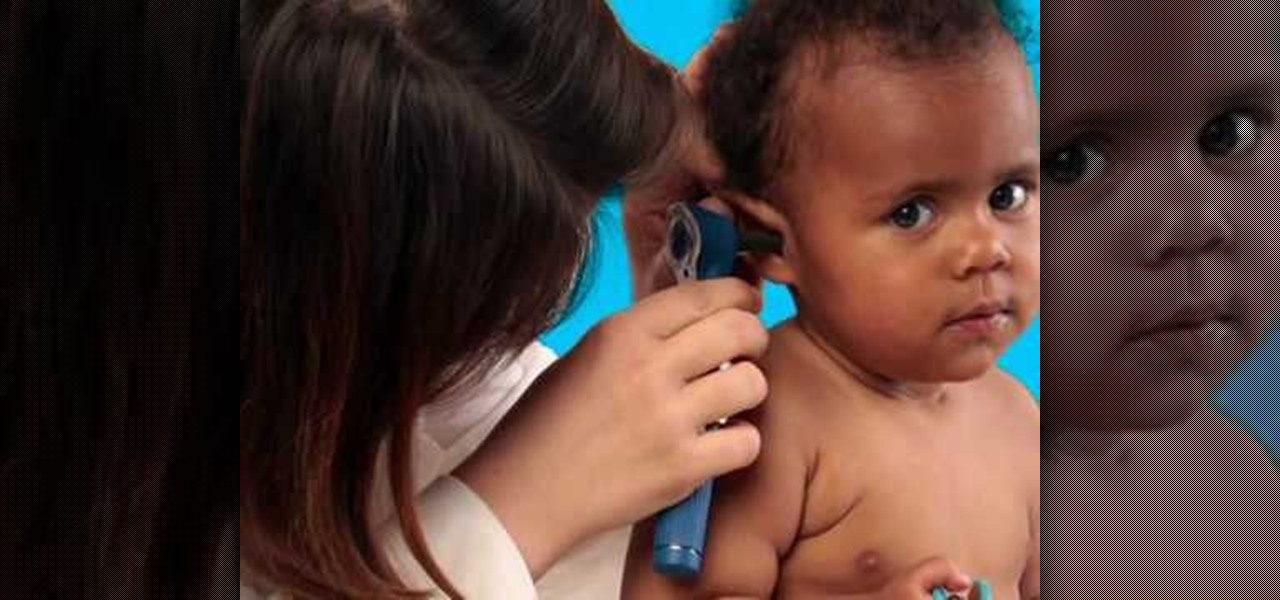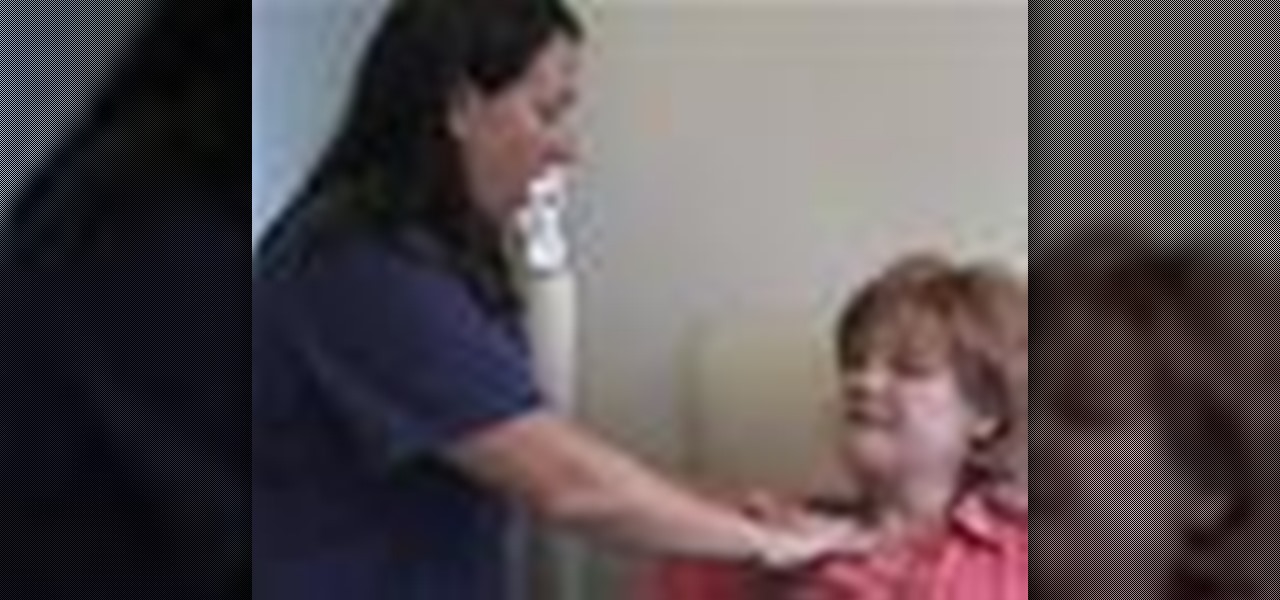
Studying to be a nurse? Then here is a nursing how-to video that teaches you how to access por-a-caths on a patient. Every nurse should know the basics of this technique, follow along and see how easy it is to identify and access port-a-caths on your patient so that they can receive their medication properly. These medical tips are sure to help you pass your nursing exam with flying colors.
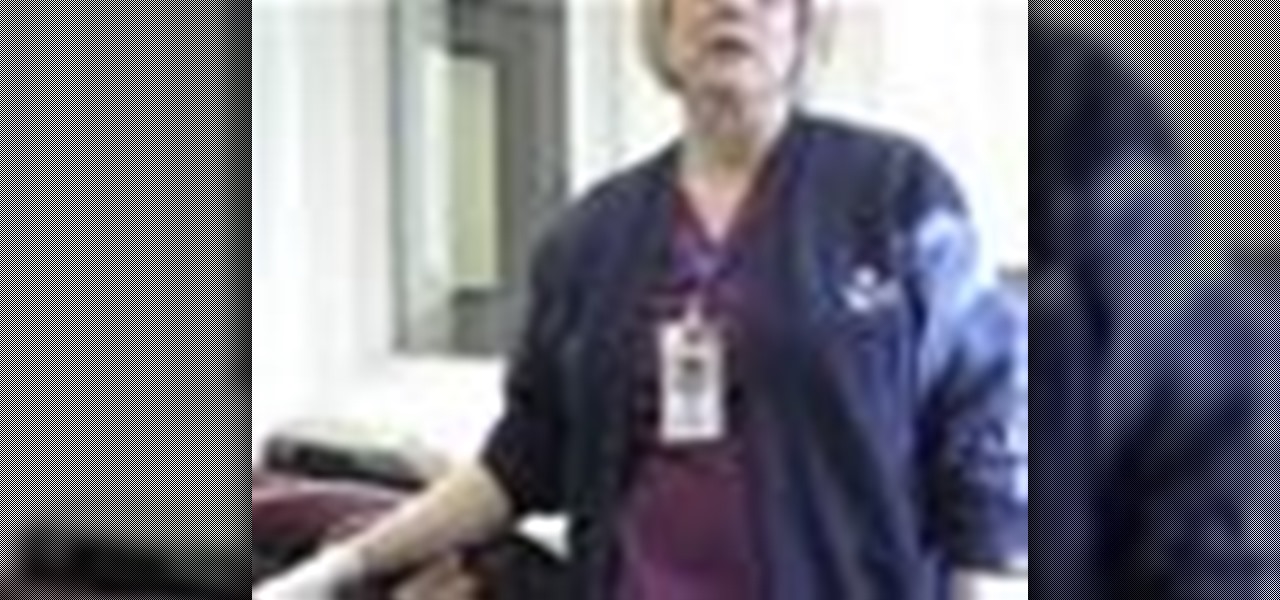
Studying to be a nurse? Then here is a nursing how-to video that teaches you how to apply sequential TEDS. TEDS are used to prevent deep vein thrombosis. TEDS are sometimes also called stockings. Every nurse should know the basics of this technique, follow along and see how easy it is to apply sequential TEDS on patient who is on extended bed rest. These medical tips are sure to help you pass your nursing exam with flying colors.
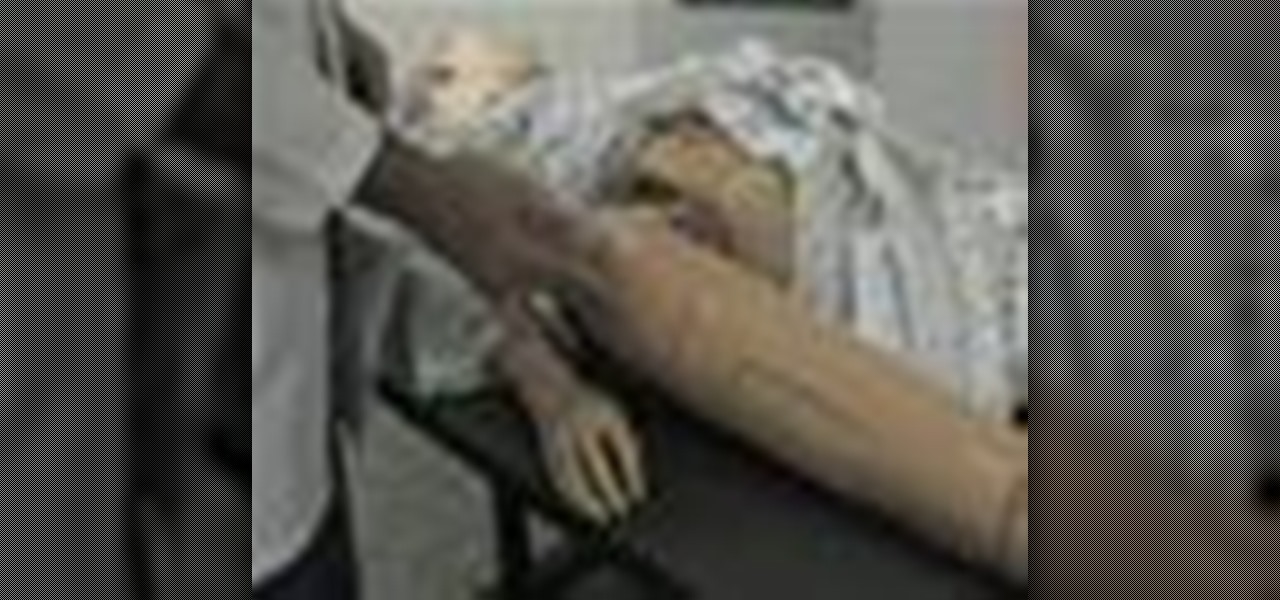
Studying to be a nurse? Then here is a nursing how-to video that teaches you how to remove a femoral arterial/venous sheath. Every nurse should know the basics of this technique, follow along and see how easy it is to remove the arterial sheath from the femoral artery. These medical tips are sure to help you pass your nursing exam with flying colors.
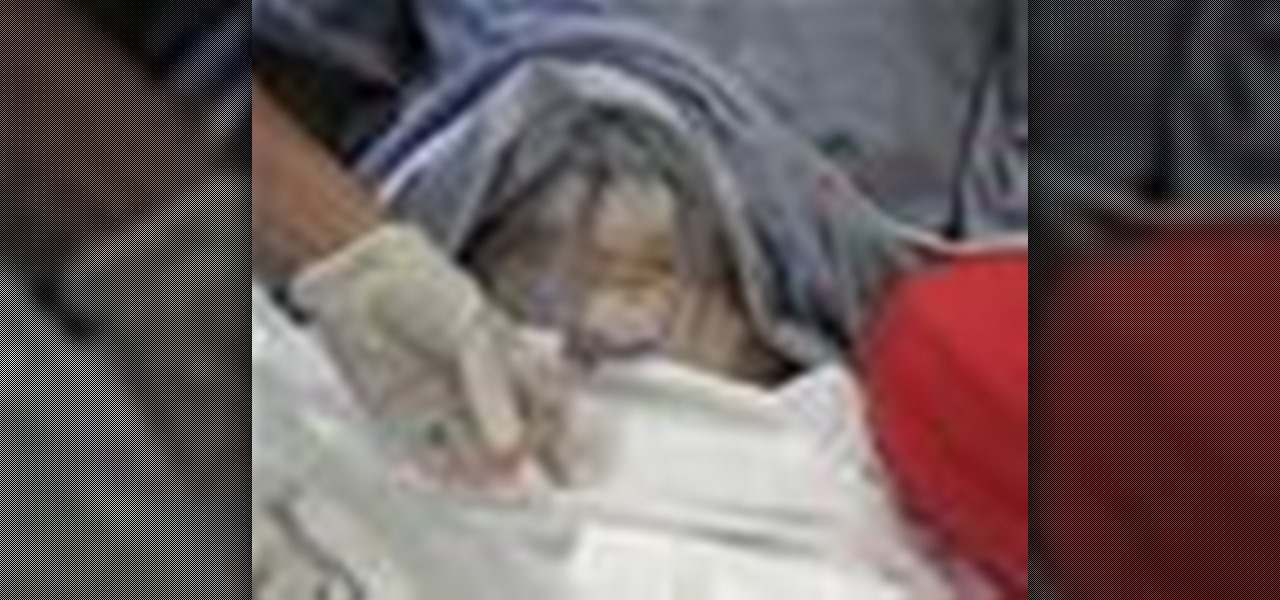
Studying to be a nurse? Then here is a nursing how-to video that teaches you how to convert chest bulbs into bulb suction. Every nurse should know the basics of this technique, follow along and see how easy it is to convert chest tubes to bulb suction. These medical tips are sure to help you pass your nursing exam with flying colors. This demonstration is that of a patient who is second day post-op. Always make sure you avoid getting air bubbles into any of the tubes while converting.
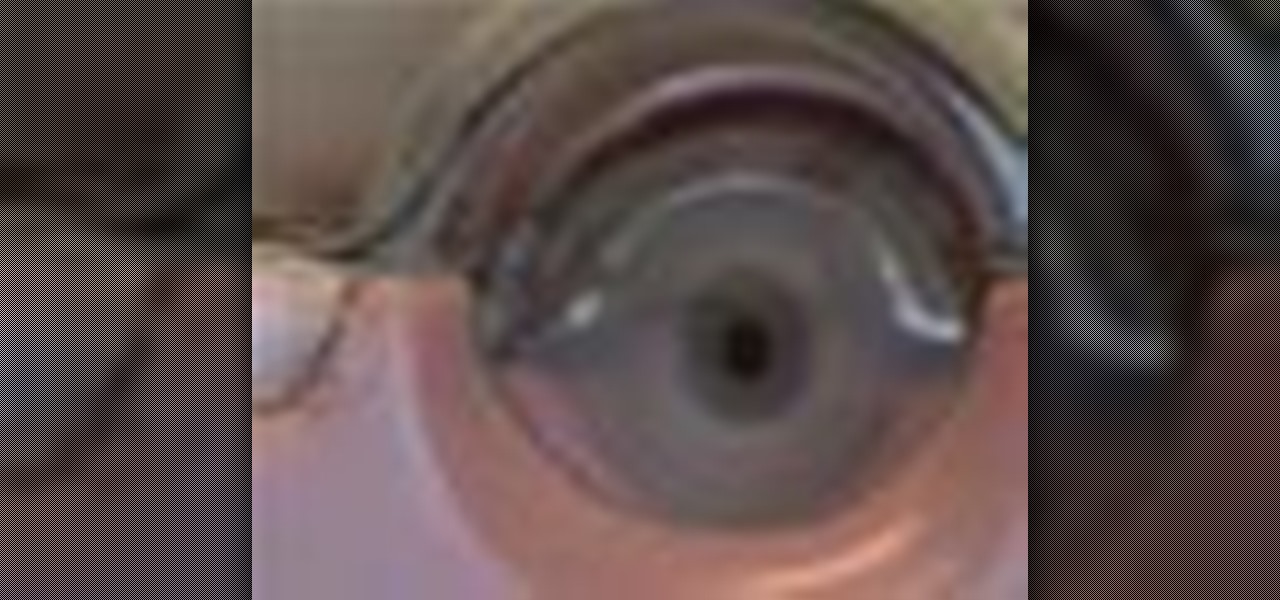
This instructional medical how-to video gives a step-by-step instruction on how to remove an intrauterine device (IUD) with the help of a licensed health care practitioner.
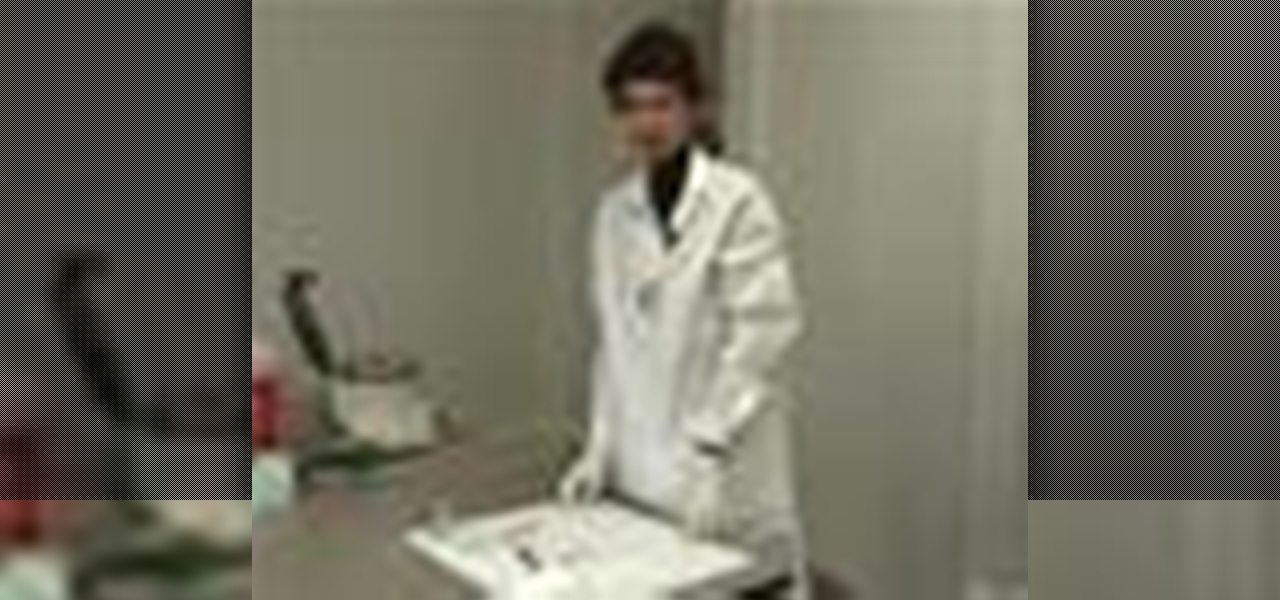
This instructional medical how to video demonstrates how to prpeare a blood smear and microhematocrit. To prepare a peripheral blood smear and a microhematocrit you will need an absorbent towel, gauze, patient blood sample, glass slides and capillary tubes. Always wear gloves, eye shields and a lab coat when handling blood.

A bunion is a common and treatable foot deformity. It can be inherited or it can occur as a result of repeated stress to the medial first metatarsal phalangeal joint. Watch this video to get tips on relieving bunion pain and treat severe cases.

This video demonstrates how the foreskin (prepuce) from the penis of an infant is aseptically removed.

This video gives a step-by-step instruction on how to measure the systolic and diastolic pressure using s sphygmomanometer and stethoscope.

This video shows how to aseptically draw blood from a major vein in the arm with the help of a tourniquet.

This video is for medical students and surgical residents-in-training who want to learn about the basics of a total abdominal hysterectomy.

Once each day, or according to your doctor's instructions, you will need to clean the urethral meatus - the opening where the catheter enters the body. The procedure to do this is explained in this video.

Suspect someone you know may have Munchausen syndrome? Tread with caution. This brief health-minded video tutorial from Health Guru will help you recognize some of the most common signs of the disorder. For all of the details, and to learn how Munchausen diagnosis, watch this video guide.

In this medical-minded video tutorial from the folks at Mahalo, we learn how to diagnose and treat the most common symptoms of herpes, a common sexually-transmitted disease or STD. For all of the details, and to learn more about diagnosing and treating herpes, take a look.

In this medical-minded video tutorial from the folks at Mahalo, we learn how to diagnose and treat the most common symptoms of gonorrhea, a common sexually-transmited disease or STD. For all of the details, and to learn more about diagnosing and treating gonorrhea, take a look.

Sexual activity is a health behaviour and therefore it is important that doctors are able to gather information about sex confidently and competently. In this consultation, the patient presents to his GP with a worry that he may have contracted a sexually transmitted disease. It is important for the GP to enquire about the patient's risk factors in a sensitive and non-judgmental way. The GP needs to gather information about the patient's sexual activity and work with the patient to negotiate ...

In this medical-minded video tutorial from the folks at ICYou, we learn about the most common symptoms associated with vertigo. For all of the details, and to get started learning more about the symptoms of vertigo yourself, take a look.

Considering whether gastric bypass surgery is right for you? This brief, medical-minded video tutorial from the folks at ICYou will help you to decide just that. For details, and to get started learning more about the pros and cons of gastric bypass surgery yourself, watch this video guide.

If you or someone you love is undergoing heart surgery in the near future, it's important that you have a solid grasp of the potential complications such that you can do everything in your power to avoid them. In this brief medical-minded tutorial from ICYou, you'll learn about a few of the most common complications including bleeding, infection, damage to blood vessels, heart damage, heart attacks or strokes.

Interested to learn more about modern cardiovascular interventions like angioplasty, heart catherization and stents? In this brief, medical-minded video tutorial from the folks at ICYou, a cardiologist provides an overview. For details, and to get started learning more about modern heart repair techniques yourself, watch this video guide.

Interested to learn more about heart stents and what they do? In this brief, medical-minded video tutorial from the folks at ICYou, a cardiologist provides an overview. For details, and to get started learning morea bout stents yourself, watch this video guide.

In this medical-minded video tutorial from ICYou, one cardiologist gives his opinion on when someone with chest problems may want to consider angiolasty. For all of the details, and to tell if angioplasty is right for your or the person you love, take a look.

Interested to know more about myopathy and heart transplantation? This medical-minded video tutorial from the folks at ICYou will help you understand the procedure and give you a sense of what to expect. For all of the details, and to get started learning about cardiomyopathy and heart surgery yourself, take a look.

Interested to know why certain people experience seizures? In this brief health-minded video tutorial from ICYou, we learn about seizures and their basic etiology. For details, and to get started learning more about the root causes of seizures yourself, take a look.

In this health-minded video tutorial from SavantMD, one doctor offers some useful advice on the natural health benefits of midday napping. For all of the details, and to learn more about how the positive health and productivity effects of naps, take a look!

Considering brow lift? This medical-minded video tutorial from Aurora Clinics will help you understand the procedure and help you decide between open and closed surgery techniques. For all of the details, and to get started learning about brow lifts (or browlifts) yourself, take a look.

Considering mastopexy and breast augmentation? This medical-minded video tutorial from Aurora Clinics will help you understand the procedure and give you a sense of what to expect. For all of the details, and to get started learning about joint mastopexy/breast augmentation surgery yourself, take a look.

Considering a eyelid or eye bag surgery? This medical-minded video tutorial from Aurora Clinics will help you understand the procedure and give you a sense of the necessary aftercare. For all of the details, and to get started learning more about eyelid and eye bag surgery, take a look.

Considering a eyelid surgery? This medical-minded video tutorial from Aurora Clinics will help you understand the procedure and give you a sense of what to expect. For all of the details, and to get started learning about breast reduction surgery yourself, take a look.

Considering eyelid surgery? It's important that you understand the potential complications. This medical-minded video tutorial from Aurora Clinics will help you understand the procedure and give you a sense of what to expect. For all of the details, and to get started learning about eyelid surgery yourself, take a look.

This video offers a quick demonstration of a basic clinical chest examination. It is a useful thing to know if you are a medical student or if you are a patient who will be having a chest exam performed on you. Watch and learn how to use the percussion technique.

This how to video is a quick demonstration of a basic clinical chest expansion exam. It is a useful thing to know if you are a medical student or if you are a patient who will be having their chest examined. Watch and learn how to check for an enlarged and expanded chest.

This video offers a quick demonstration of a basic tracheal deviation examination. It is a useful thing to know if you are a medical student or if you are a patient who will be having a tracheal exam performed on you. Watch and learn how to examine someone's trachea.

What is gastroenterology and when would a person need to see a gastroenterologist? This health-minded video tutorial from ICYou seeks to answer just that. For more information, and to figure out whether you yourself should see a gastroenterologist take a look.

Suspect you might have suffered a sprain? In this video, Dr. David Geier explains that a sprain is an injury to a joint, in which you may tear or stretch the ligaments that hold the joint together. Dr. Geier also covers treatment options.

Knowing how to spot a fracture is vital as, in the right situations, it can prevent further unnecessary injury. In this video, learn the signs of a bone fracture. Dr. David Geier covers symptoms an injured person may experience as well as treatment options.

In this medical-minded how-to from the folks at ICYou Health Videos, you'll learn how to tell whether you have hemorrhoids and, if you do, how to determine whether you should see a medical professional for treatment. For

Irritable bowel syndrome, or IBS, is a disorder that involves a several symptoms related to altered bowel habits and abdominal pain. In this medical-minded how-to from the folks at ICYou Health Videos, you'll learn how to avoid the most common triggers of IBS and be apprised of treatment options.

Celiac disease is a digestive disease in which the affected person cannot tolerate gluten. Gluten is a protein that is found in foods like wheat, rye and barley. In this health-minded how-to, you'll learn how to diagnose and treat the various symptoms of Celiac disease. For more information, and to learn about treatment options, take a look.

Suspect that your bundle of joy is suffering from an ear infection? This video guide from Health Guru will teach you everything you'll need to know. For all of the details, watch this video guide for new parents.








